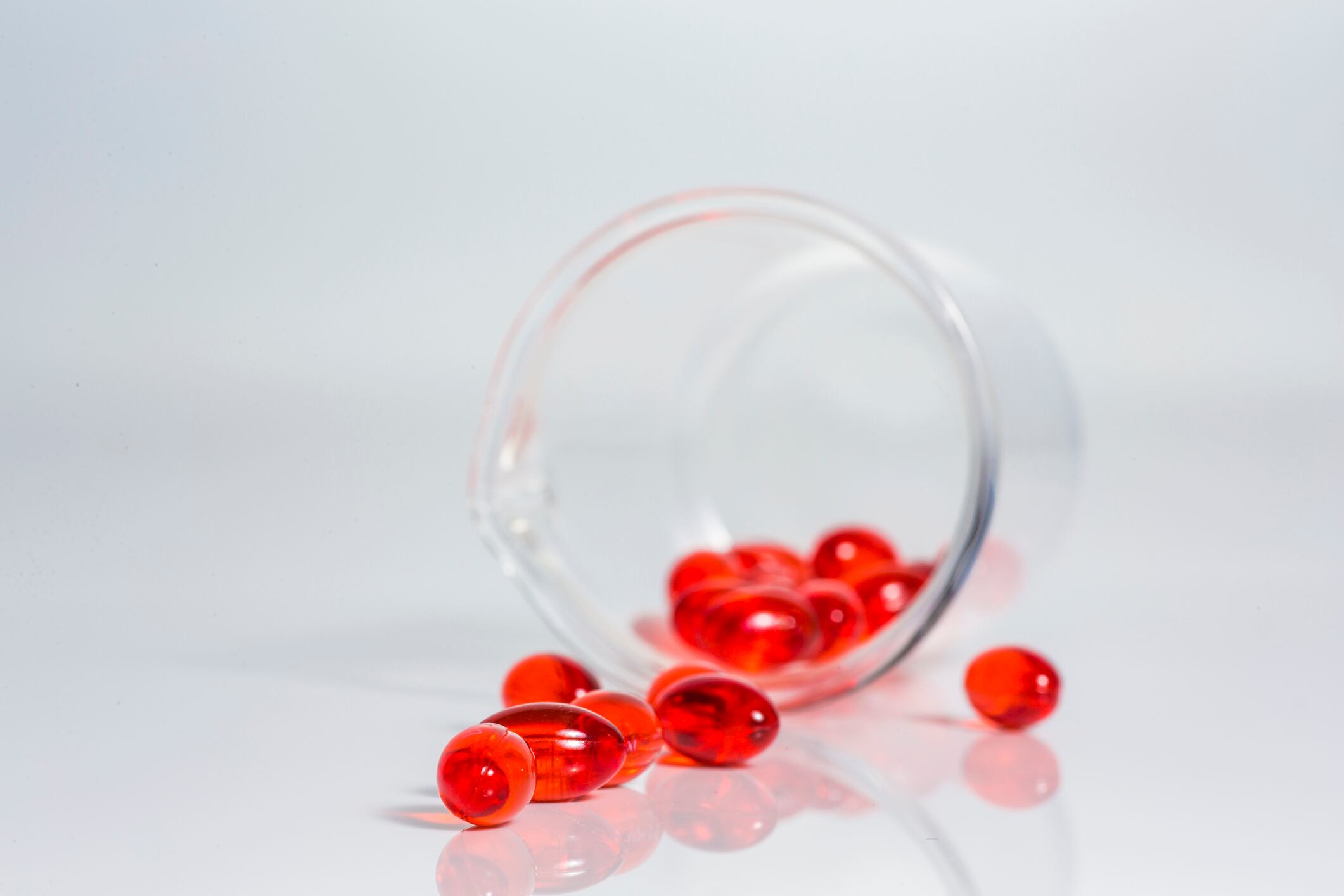Four weeks of supplementation with a daily astaxanthin dose of 4 mg per day resulted in significant reductions in markers of oxidative stress of over 20% in facial skin, according to results published in Nutrition Research.
The researchers also looked at peeling of the outermost layer of the skin (corneocyte desquamation) and levels of bacteria on the skin, both of which are characteristics of older facial skin, and found that astaxanthin was also associated with significant reductions in both measures.
“[B]y demonstrating that continuous consumption of astaxanthin for only four weeks resulted in RSSC [residual skin surface components] changes consistent with the reversal of ageing process we have successfully confirmed our hypothesis, which can thus be accepted,” wrote the researchers, led by Natalya Chalyk from Lycotec (UK) and the Saratov State Medical University (Russia).
“The results also demonstrate that morphological investigation of the RSSC is a useful tool for assessing skin-targeting effects of dietary factors. Although we strongly believe that these findings are very useful for developing new approaches to skin ageing prevention, larger studies are needed for further characterizing the described phenomena.”
“Astaxanthin's features make it an ideal approach to managing skin health”
Commenting independently on the study’s findings, Dr Mark Miller, PhD, Principal of Kaiviti Consulting, LLC, told us: “Skin is lipidic in nature, indeed which is an important component of its barrier function. Therefore, it is reasonable to hypothesize that a lipid soluble antioxidant, in this case the carotenoid astaxanthin, would provide protective benefits. This study delivers additional information to the beauty field where it is clear that astaxanthin's features, namely a profoundly potent free radical scavenger and its lipid solubility, make it an ideal approach to managing skin health.
“The limitations of the study center on its lack of a placebo control, but the sequential analyses over 29 days helps address that. Astaxanthin clearly reduced oxidative stress, determined systemically. Associated with that were structural changes to skin morphology that are consistent with an action that reflects a restoration of a more youthful structure and form, and in both males and females.”
Study details

Chalyk and her co-workers recruited 17 men and 14 women over the age of 40 to participate in their study. The men and women were all assigned to receive 4 mg per day of astaxanthin for four weeks.
Results showed that plasma levels of malondialdehyde (MDA), a marker of oxidative stress, decreased by 11% after two weeks and by 22% after four weeks.
Statistically significant reductions in corneocyte desquamation and microbial presence were also measured at the end of the study. The effects were even more pronounced in obese participants, said the researchers.
Commenting on this last result, Dr Miller said: “The suggestion that those that are overweight or obese presented with greater benefits was intriguing but speculative. One needs a larger, longer and better controlled study to truly evaluate if this is more than a trend. Contributing to that speculation one could hypothesize that obese individuals may present a greater underlying inflammatory process and a higher lipid level within the skin. Both of which could be improved by sustained astaxanthin supplementation.”
Source: Nutrition Research
Published online ahead of print, doi: 10.1016/j.nutres.2017.10.006
“Continuous astaxanthin intake reduces oxidative stress and reverses age-related morphological changes of residual skin surface components in middle-aged volunteers”
Authors: N.E. Chalyk et al.

